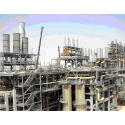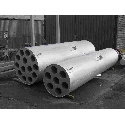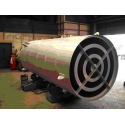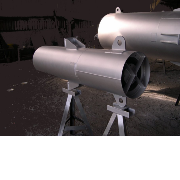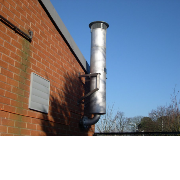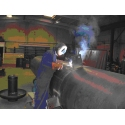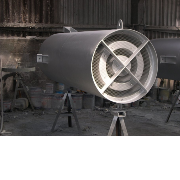A look at silencer geometries
4 July 2022People all over the world are suffering due to noise problems. You can use protective equipment to reduce the impacts, but that won’t tackle the issue. For a more permanent solution, you should use attenuators. Also known as silencers, you install them on your current systems and they minimise the noise they create. In addition to benefiting the people who come to your site, these devices can help you comply with the set UK environmental standards.
Over the years, manufacturers have generated a number of standard silencer geometries. They exist to handle the pressure drop vs insertion loss equation. There has been a huge amount of development and testing to ensure the designs will work. As a result, you can apply them on an application specific basis, ensuring you choose the right unit for your project. You will obtain the necessary acoustic performance at a rational pressure drop.
One thing to note here is the designs get labelled based on certain velocity profiles. However, you can apply them to a larger range of velocities when taking an acceptable pressure drop into account.
Low velocity
One form of silencer geometry is low velocity. You can also look at this as a high pressure drop design. The geometry supplies an extremely high level of acoustic performance. As velocities progress past 1000 FPM though, you will find pressure drop levels starting to become unsuitable for many applications.
Medium velocity
Another form is medium velocity. This is the best performing all-rounder you can find on the silencer market. Thanks to the straight through parallel entrance, there is a high degree of insertion loss. As for the tapered discharge, it works to keep the pressure drops to a minimum.
With such a model, you can work through a large number of applications ranging between 0 and 2000 FPM. There is also going to be a reasonable level of pressure drop for them all.
Speak to us to choose the right attenuators
At Ventx, we offer bespoke silencers that can work within countless facilities as well as out in the field. Thanks to our acoustic modelling software, we can design the perfect solutions for you. With them you will be able to control the noise coming from duct work, generators, compressors, and more.
So, if you need our help with attenuators, please let us know. We can get the best results for you.


